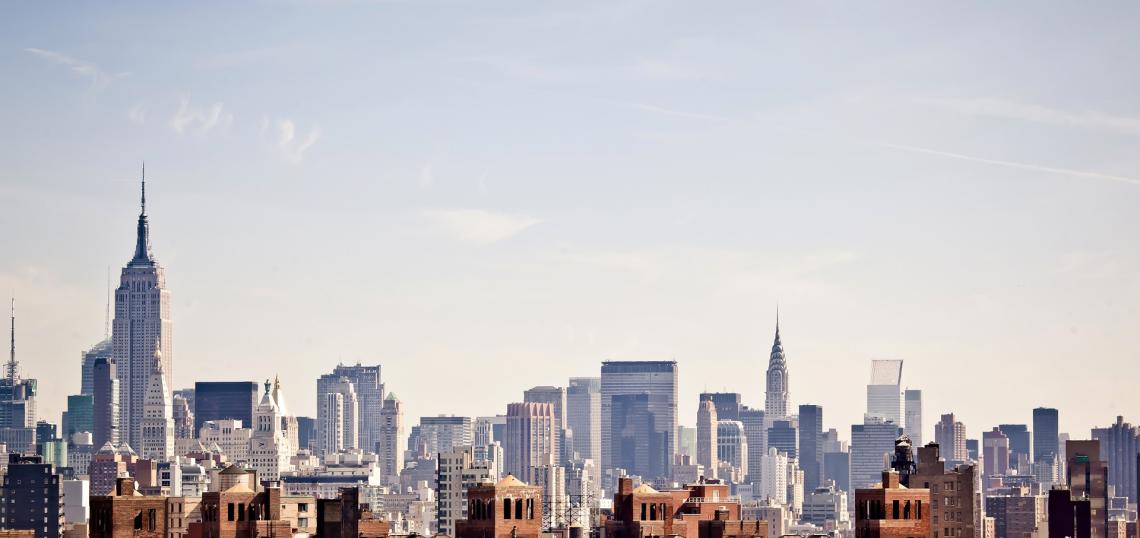Closing out 2021, Governor Kathy Hochul announced earlier this month $145 million in new funding to create or preserve 1,178 affordable homes across New York.
“This $145 million investment renews our commitment to creating and preserving the safe, healthy and affordable homes that New Yorkers deserve,” said Hochul in a statement. “Our best strategy for recovery from the pandemic is ensuring that everyone has a solid roof over their head and access to the services they need to remain securely housed. With the inclusion of additional resources for clean energy development and requiring free broadband access, we are building back better than before by creating housing that promises a stronger, greener and more equitable New York today and for the future.”
Three of those projects, slated to receive more than $28 million in funding, will be located in New York City. The details, from the Governor's press release, are as follows:
$15.8 million for The Rise in Brownsville, Brooklyn. As part of the state’s Vital Brooklyn Initiative, Xenolith Partners, LLC and the Women’s Prison Association were selected to redevelop a property owned by One Brooklyn Health System. The building will include 72 affordable and supportive apartments on the upper floors and commercial space on the ground floor use by OBHS, Interfaith Medical Center’s Alternative Housing Program, and the Community Capacity Development nonprofit organization.
$10.8 million for Park Place in Brooklyn’s Crown Heights neighborhood. The Vital Brooklyn initiative project will be constructed by winning development team H.E.L.P Development Corp on a surface parking lot owned by One Brooklyn Health System. The building will include 43 affordable apartments, including eight homes reserved for homeless families, and ground floor community facility space for the Women and Children Annex and other service providers.
$1.8 million for Homee in the Crotona/ Morrisania neighborhood of the Bronx. The existing 24-bed transitional housing project, operated by Urban Pathways, will be converted and expanded to a 79-apartment development. There are 55 supportive homes for seniors and adults, including individuals reentering the community following incarceration, and 20 apartments for low-income seniors. The remaining nine apartments are for low-income households.






